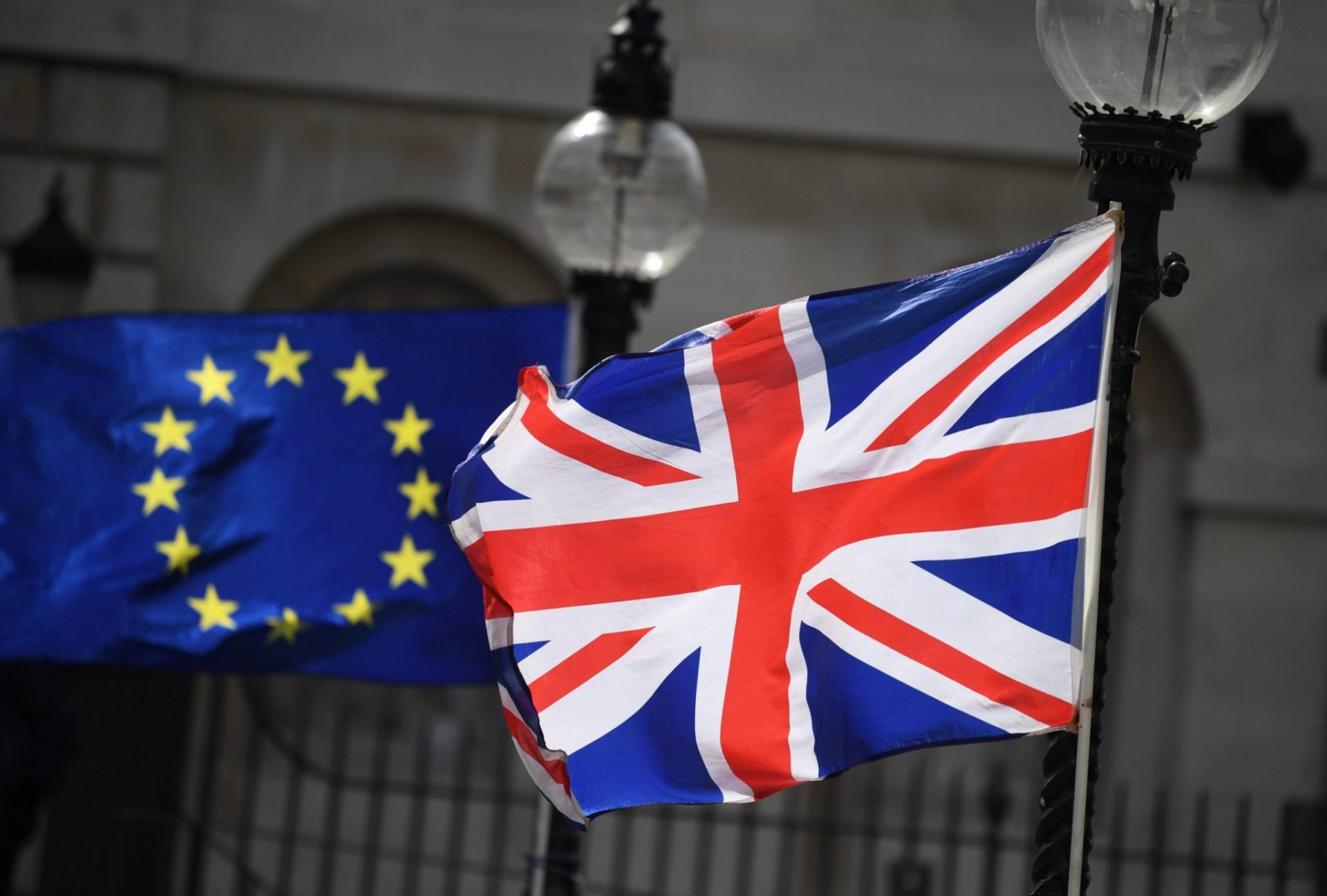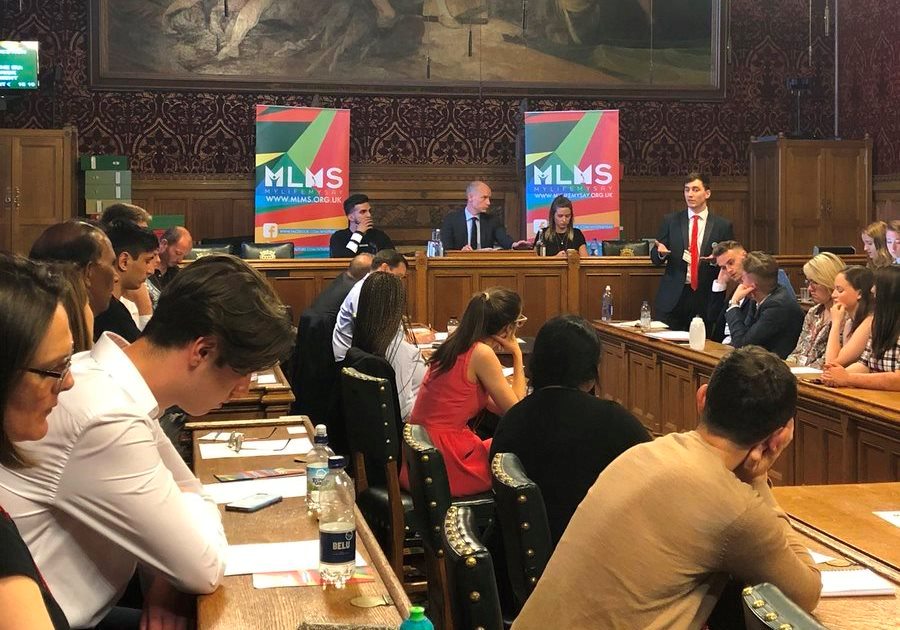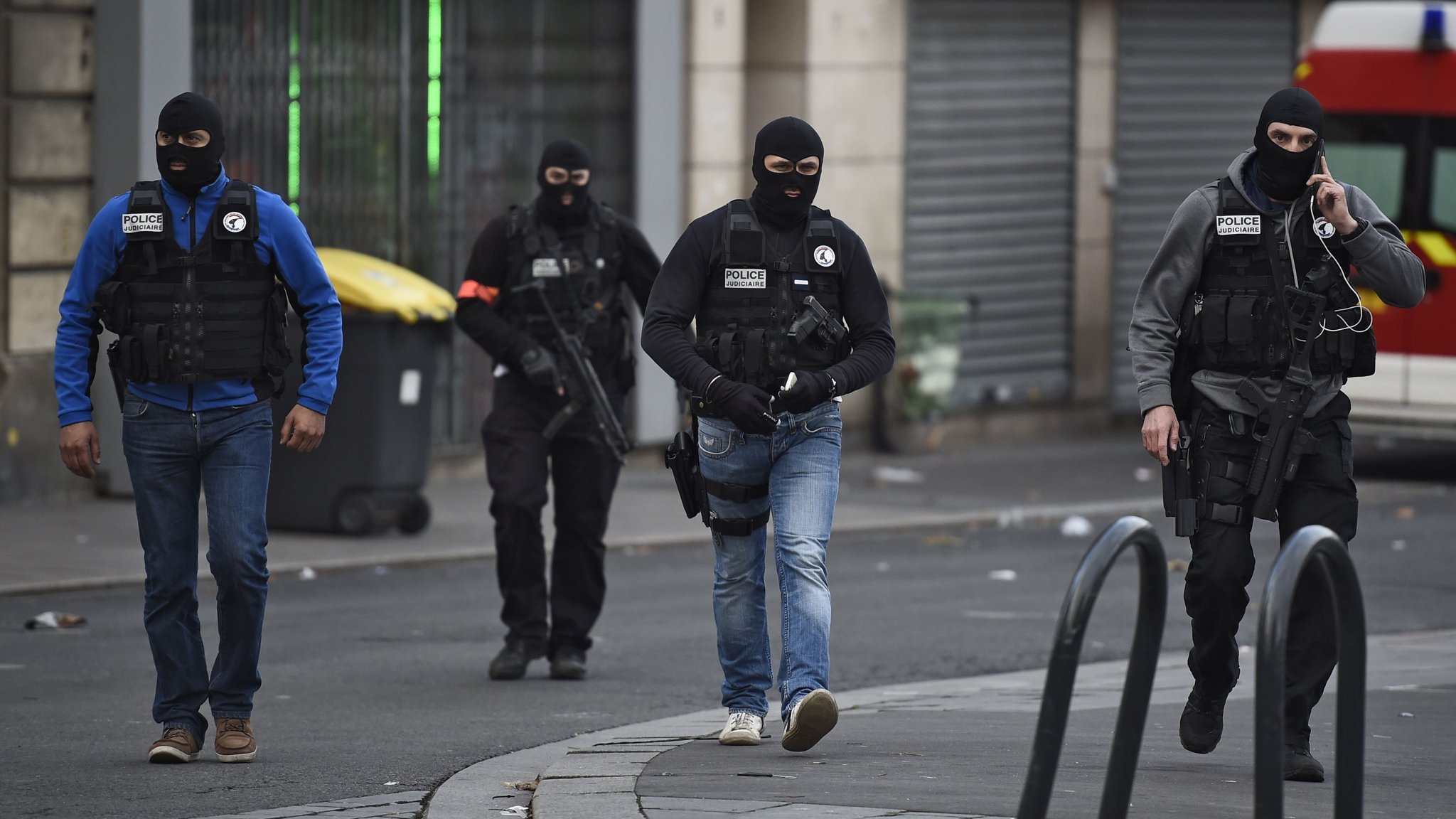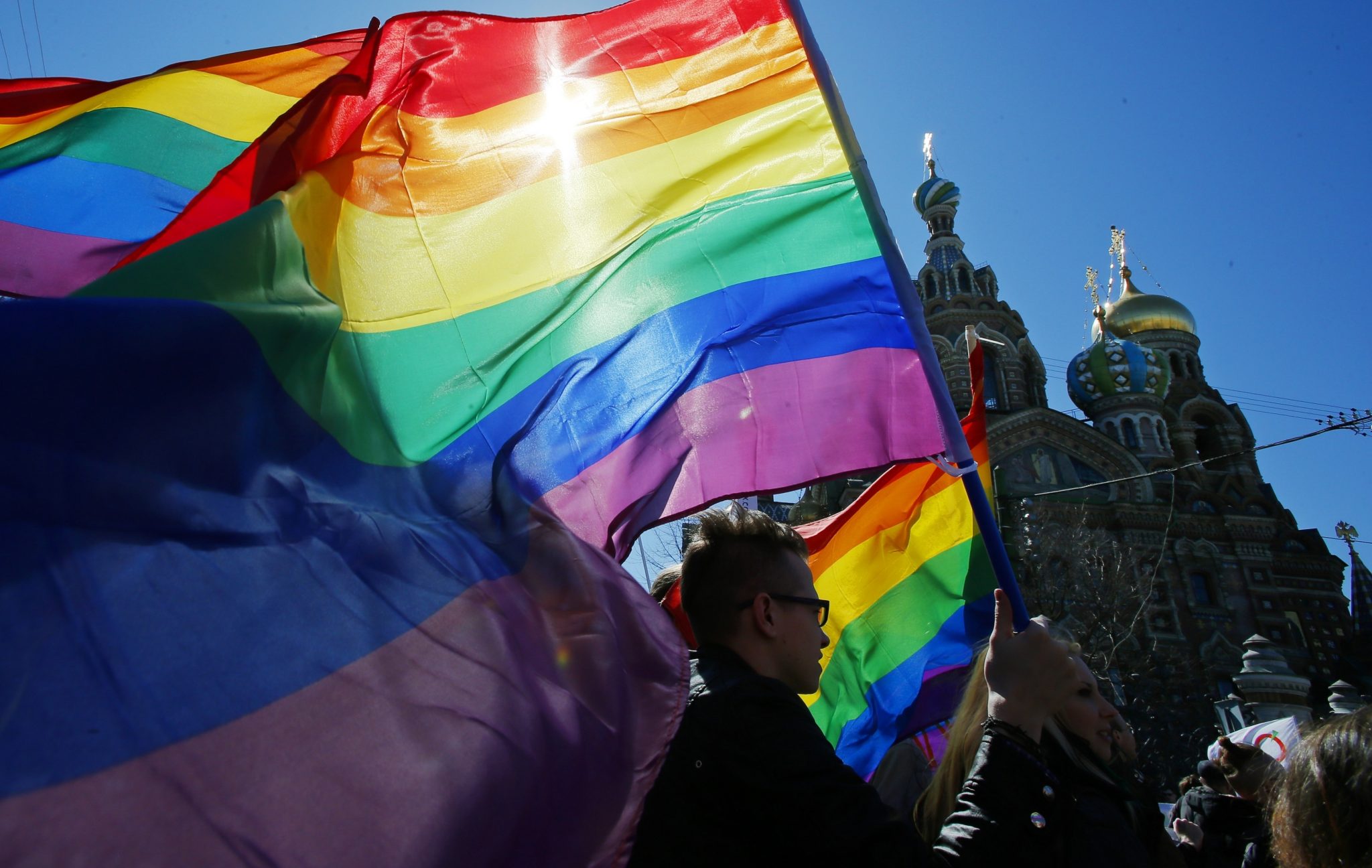
Another suffocatingly hot day in the Palace of Westminster and another all-party parliamentary group meet in committee to discuss Brexit. Stephen Kinnock, Labour MP for Aberavon and Chairman of the All-Party Parliamentary Group on a Better Brexit for Young People, opens the proceedings by saying he wants an answer to the question: “Two years after the EU referendum, where are we now?”
We all know only too well that we are up a particularly foul-smelling creek without a paddle, but it did not of course do to say such a thing. I am what my family like to call Franglais – a Frenchman born in the UK and one who cares for it deeply – and I had hoped against hope to be able to speak some truth unto power that day.
I had always wanted to visit the Houses of Parliament, but never imagined that I would have done so in such unhappy circumstances. The EU Referendum has put a strain on my relationship with my adoptive country. Sometimes, upon opening my mouth and speaking with my slight French accent, I’ve been told by some to go back to where I came from.
Like all European Citizens, I too have had to suffer the continual headache that comes with the uncertainty that Brexit has created. I know of many others in my position who have been forced to decide to uproot their lives and that of their families, and leave the country. I have chosen, by contrast, to stay and to try to argue the case for the European Union, and my European compatriots.
The My Life My Say organisation, our hosts for the event and around 20 prior Brexit events, are a team of passionate individuals who work to engage the youth of the country and ensure that their voices are heard above the bar-room brawl that the Brexit debate has become.
They had invited me along to Committee Room 10 and, I have to say, despite the heat, that the atmosphere was welcoming. Among those in attendance was one Joe Porter, a Conservative councillor and fan of Boris Johnson, who carried a big smile and a friendly manner about him.
The curious thing about him was that, upon introducing myself as a member of the3million, he immediately insisted that “most leavers wanted EU Citizens to stay”, and despite my wish to probe this statement and question it, the proceedings of the committee moved on, oblivious.
Sam Dalton began the discussion by highlighting the “constant mistrust between generations”, which he felt was made manifest by way the different generations votes. Motunrayo Onafowokan of Model Westminster following this up by asking about “What role…inter-generational education plays in the issue?”, a topic that I have debated with many and which, like many British problems, it comes down ultimately to poor educational standards.

Wiktoria Schulz of the civil rights group New Europeans then discussed the current circumstances of EU Citizens, seemingly supportive of the progress that has been made, but not necessarily highlighting the negative aspects that worried EU Citizens across the UK, and makes our work essential.
This was, of course, why I’d come here and this was my chance to speak. I highlighted why the3million’s work was so important, standing at the front of the room and speaking to a crowd of young faces that looked up at me with a mixture of concern, shock, and – in the cases of Joe Porter and Wiktoria Schulz – raised eyebrows.
Still, I ploughed on, speaking of the fear that people in my unhappy bateau feel for our futures and the animosity and hatred that we are subjected to with alarming regularity through no fault of our own. I clarified the legal uncertainty that Settled Status left us with, that we couldn’t be certain that the application process would be fair, and that we can’t even trust the Home Office with their failure rate of 10% on applications.
I felt I gave a strong and clear summary of what we non-English Europeans face on a daily basis, and, cheeringly, received a round of applause as I sat down. Ian Robinson of the international immigration firm Fragomen was incredibly supportive, underlining the legal dangers that I highlighted and praising the campaign and outreach work that the3million have conducted, whilst also highlighting the need to make it easier for Europeans, especially young people, to work in the UK.
Now, the event up until this point had been surprisingly positive. People were being friendly and supportive of one another, contributing to a conversation that, for the most part, was factually correct. Unfortunately, however, Stephen Kinnock had to leave the event, and what followed concerned me.
Joe Porter then stood and began discussing how people should work together to achieve the “truly global Britain” that everybody had voted for, and stated that Britain should reach out to her Commonwealth allies, apparently long neglected due to Britain’s European relationship.
Now, as a Policy Analyst, these are clear examples of oversimplification that I frequently see, and that damage the Brexit discussion; and, for me is one reason why Brexit is happening. The true power of these types of events, is that they bring people together in discussions, however, if they are used to spread mistrusts or ideology, don’t they simply add to the damage?
And due to this, we have to ask if these events actually work? Truthfully, I’m in two minds on this. On one hand, they do facilitate discussions, and while they naturally gravitate more to the pro-EU side of the discussion in London, you do get the odd pro-leave viewpoint that appears and, for good or for worse, contributes to the discussion. However, on the other hand, the goal of having an influence on the decision-making process feels farfetched to me, and the reason for that is what causes me to feel disillusioned about events such as these.
The country is, alas, still divided by a deep schism, which is not only comprised of Leavers and Remainers, but also the government, which has trapped itself within an undeliverable ideology. While the government continues to show itself to be subordinate to a very select portion of the population, I’m afraid that I can’t join the optimists amongst you who think that these events will change the country.
However, there is still some hope. If we see a societal shift towards a more truthful debate, with the ideologically driven lies that are told daily by certain MPs and public figures being corrected, forbidden, and possibly even punished, then maybe we’ll see the debate become more honest, the government held to account, and events such as this really being able to guide the debate in a truthful way.
I left with a sense that this had just been another event at the commons– well meaning, with some memorably impassioned speeches – but was anyone listening? While the attendees celebrated a “fun event”, ignoring the lack of progress, I felt like I was deep in the bowels of the Titanic, heading at full-steam into dangerous waters, with no one up on the bridge remotely interested in what we saying below decks.
Our voices going unheard and ignored.



